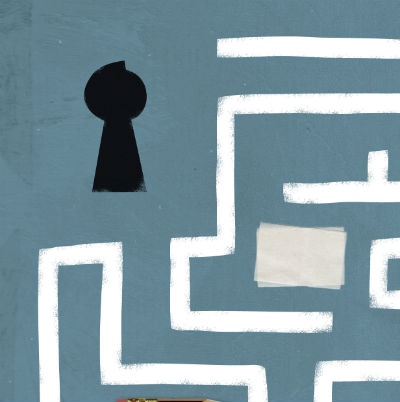Submitted by jhortolani on
This report is part of CRIN's access to justice for children project, looking at the status of the Convention on the Rights of the Child (CRC) in national law, the status of children involved in legal proceedings, the legal means to challenge violations of children’s rights and the practical considerations involved in challenging violations.
Spain has ratified the Convention on the Rights of the Child (CRC), including all three Optional Protocols. The CRC, which takes precedence over national laws, can be directly enforced in the courts and has therefore been cited extensively in judgments. It has been criticised by the UN Committee on the Rights of the Child that provisions related to children’s rights may vary among the different regions of Spain as the autonomous communities may legislate in certain matters involving civil law. All courts across Spain accept complaints by children which must be brought with the help of a representative or guardian and constitutional complaints regarding children’s fundamental rights can be lodged directly with the Constitutional Court. Children do not have the capacity to appear directly and on their own behalf before the Spanish courts, but can instruct a lawyer to act on their behalf in limited cases where their interests are directly opposed to those of the guardian. Legal aid is available to children and specialised procedures are applied to facilitate children giving evidence. In criminal proceedings, limitation periods do not commence until the child reaches 18 years of age and children can initiate private prosecutions. Challenges usually have to involve a child victim, but there is some limited scope for NGOs to bring cases if they hold institutional representation conferred by law for the defense concerning the specific rights in question. The Council of Europe has warned that the overall duration of court proceedings in Spain has recently been on the increase. Once domestic remedies have been exhausted, children may submit complaints to the European Court of Human Rights and to the UN Committee on the Rights of the Child under the third Optional Protocol to the CRC on a complaints procedure.

